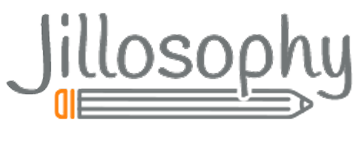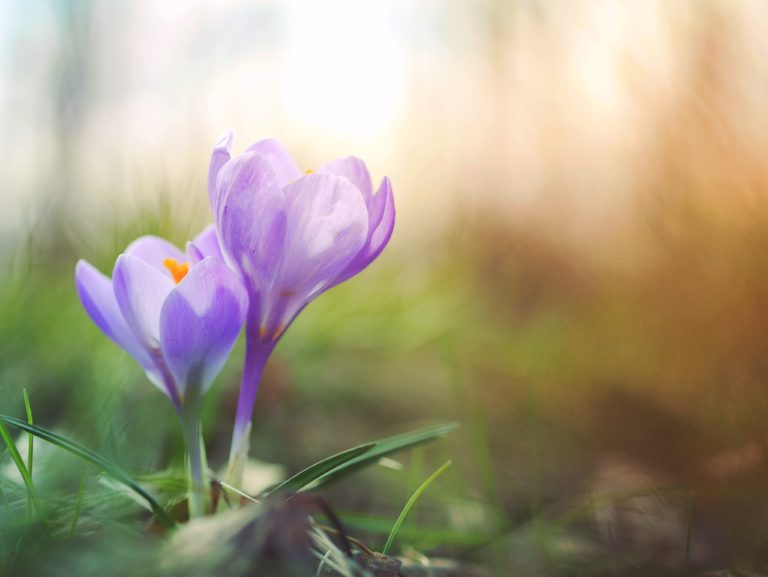I have never been a big fan of New Year’s resolutions. Instead, every year during my springtime birthday is when I’ve tended to create new goals for myself. Maybe it’s because spring time replaces the dead of winter with the possibility of new life, or because Earth Day forces me to think beyond my own little postage stamp of existence. Whatever the reason, I’ve been thinking a lot about this moment we’re in and what comes next.
It’s so easy to feel disheartened right now. The extreme political polarization of this time has seeped into many of our family interactions and relationships, so the thought of connecting again once COVID is in the rear-view mirror is scary and difficult to imagine. There’s the Chauvin trial, ongoing racism, mass shootings, climate change, gerrymandering. How will our kids bounce back and what are the long-term ramifications of a year spent learning at home? So much of this pandemic has exposed the fissures of our world, with many of those cracks threatening to widen into chasms, if they haven’t already.
Back when I was a practicing Catholic, I recall discussing another worldwide crisis with a friend of mine who is a Catholic priest. We were talking about the Church and how it would respond to not having enough ordained men to serve the faithful. I found his response surprising and hopeful.
“What if,” my friend said, “this is supposed to be happening right now? What if this crisis is designed to make us think about the priesthood in a new way? What if it forces us to take a different approach to how, and who, ministers to parishioners?”
Taking a cue from my friend, I’ve been asking myself: What if we’re exactly where we’re supposed to be right now? Sure, it’s a scary place: more than 500,000 Americans are dead with more to follow, snatched away from us by a virus we still know too little about, especially when it comes to its long-term effects. It’s a place where too many people continue to be denied a job, an education, a home, or even the ability to drive safely down a street, only because of the color of their skin. It’s a place where scientists tell us, if we don’t do something now, we may very soon live in a world that makes today’s growing environmental crises and catastrophic weather events look like tame and gentle springtime drizzles. A place where it may soon be easier for most people to buy a gun than it is for them to vote.
But…what if it’s all as it’s supposed to be? What if these catastrophes and systemic injustices are calling us to finally rise to the occasion, to think differently, more creatively and with more bravery, encouraging us—forcing us—to take a new, different and better approach?
Enter Valarie Kaur, an American of the Sikh faith and founder of the Revolutionary Love Project (https://valariekaur.com/revolutionary-love-project/). Here’s an excerpt of her prayer for America:
“What if this darkness is not the darkness of the tomb, but the darkness of the womb?
“What if our America is not dead but a country still waiting to be born? What if the story of America is one long labor?
“What if all the mothers who came before us, who survived genocide and occupation, slavery and Jim Crow, racism and xenophobia and Islamophobia, political oppression and sexual assault, are standing behind us now, whispering in our ear: You are brave? What if this is our Great Contraction before we birth a new future?
“Remember the wisdom of the midwife: ‘Breathe,’ she says. Then: ‘Push.’”
My experience giving birth to two children reinforced my long-held belief that the best things in life often come pre-packaged in horrific pain. Thirty-some years ago, epidurals weren’t so easily or quickly offered, so I labored for hours with nothing more than ice chips to ease my hours-long distress, finally delivering a daughter (8 lbs., 4 oz.) and three years later, a rather large baby boy (9 lbs., 15 oz.). After, a friend asked me: “If there had been a button you could’ve pushed that would’ve ended the pain but also have ended your life, would you have pushed it?” I’m not proud to say that during the worst of the pain, I may have considered pushing it. And yet—without question, my kids are the best thing I’ve ever produced. Out of the worst pain I’ve ever experienced came my greatest joy.
You’ve no doubt heard the phrase: Why waste a good crisis? And we don’t have just one. We have plenty of crises to choose from. What if we all considered ourselves to be at the right place and the right time at this moment in history? What if we believed we’re being called to push through the pain of these tragedies and systemic flaws in our systems? What if we decided to turn lemons into lemonade? What could we achieve if we understood that our collective backs are up against a wall, and that, if we worked together to find more creative, inventive and successful ways to push back, nothing can stop us?
As spring arrives, I’m asking myself: Even if it’s really hard, super scary, often confusing and extremely painful, what new life, what more equitable, secure and just future will I help to birth into existence? How will I push?
Photo by Aaron Burden @aaronburden at unsplash.com


10 Comments
Beautifully done.
Thanks for the feedback!
Jill, thank you for this beautiful essay of hope.
Thanks for your kind words Sandra!
I will try to push harder! Another good thoughtful one, thank you Jill .
Thanks!!
I love the connection to childbirth. Your writing always gives me food for thought. Thank you Jill!
It makes me very happy to think that I could provide you with a mental “snack” or two. Thanks Lisa!
SO glad you pushed to birth this blog, Jill.
C/
Thanks, Christy!